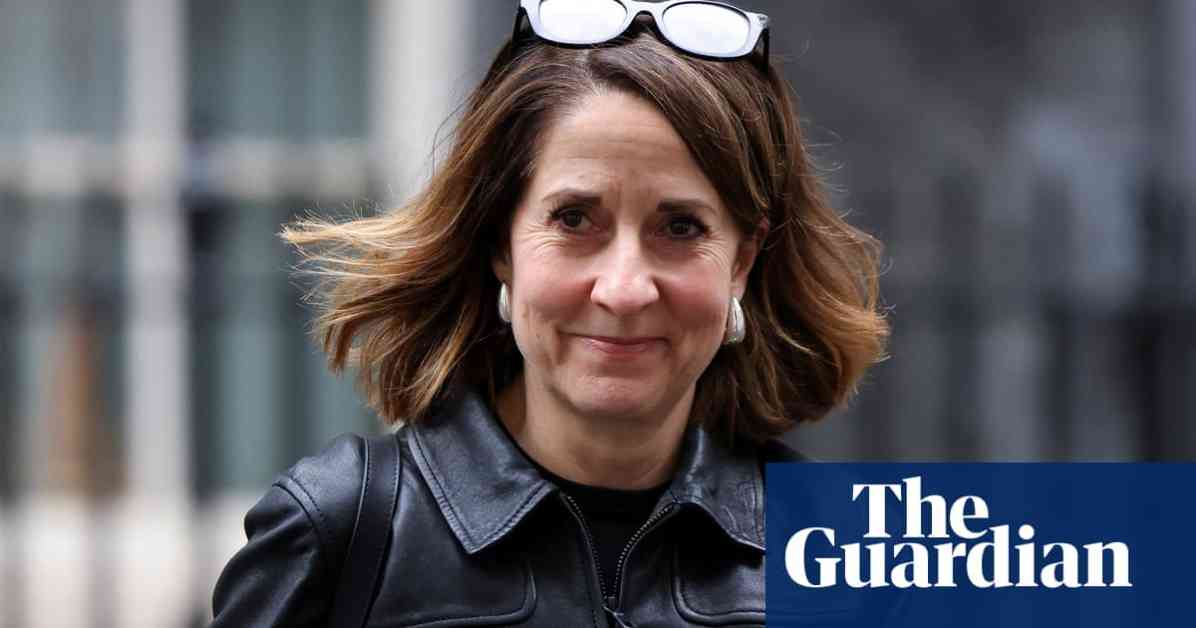Liz Kendall, the work and pensions secretary, recently announced her support for the assisted dying bill, becoming the first cabinet minister to do so since its publication. The bill, led by Labour’s Kim Leadbeater, aims to give individuals more choice and control over their end-of-life decisions, with appropriate safeguards in place.
Despite warnings from Health Secretary Wes Streeting about potential NHS resource implications, several cabinet ministers, including Peter Kyle, Ed Miliband, Lisa Nandy, Lucy Powell, and Jo Stevens, have expressed their support for the bill. Streeting’s concern about the cost of implementing assisted dying has been met with skepticism from some MPs and supporters of the bill.
Margaret Hodge, a veteran Labour MP and now a peer, questioned Streeting’s argument regarding resources, suggesting that the cost implications may not be as significant as portrayed. Supporters of the bill have highlighted the Scottish parliament’s assessment, which estimated minimal annual costs compared to the overall NHS budget.
Some MPs have raised concerns about the lack of clarity in the bill regarding doctors suggesting assisted dying as an option to patients. Despite the ongoing debate and differing opinions, Kendall emphasized her commitment to empowering individuals and respecting their choices.
As the debate intensifies leading up to the Commons vote, both proponents and opponents of the bill are making their voices heard. The bill includes safeguards against coercion and provisions for judicial oversight, addressing some of the concerns raised by those opposed to the idea.
Overall, the discussion surrounding assisted dying remains complex and emotionally charged, with various stakeholders advocating for different perspectives. The decision-making process for MPs and cabinet ministers involves weighing the ethical considerations, legal safeguards, and potential resource implications associated with the proposed legislation.












